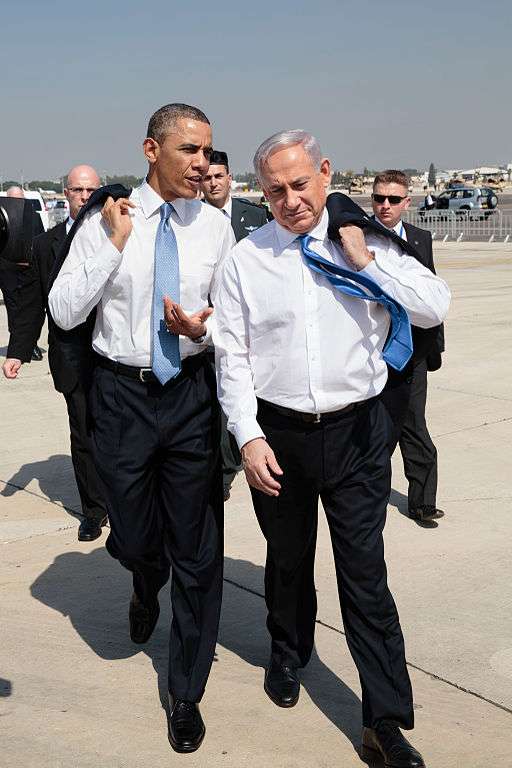U.S. Military Industrial Complex Gets Huge Subsidy in the Form of Record-Breaking Aid Package for Israel
Israel is fully capable of funding its own defense, but now they'll have billions more to spend on U.S. weaponry.


The U.S. State Department signed a "memo of understanding" with Israel yesterday that will provide the Jewish state with $38 billion in U.S. military aid over the next 10 years. This new agreement ups the annual U.S. aid to Israel from the current figure of $3.1 billion to $3.8 billion.
But the real winner of this expanding taxpayer subsidy is the U.S. defense industry, which will eventually receive every cent of that aid package, according to the terms of this new deal. Previously, Israel had enjoyed a privileged status among U.S. military aid recipients, as the only country permitted to spend up 26 percent of its U.S. aid on its own defense industry—including research and development. This new deal begins the phasing out of that part of the deal.
The Washington Post notes, "Israel was granted that exception in the 1980s so it could build up its nascent defense infrastructure. With Israel's defense industry now thriving, the Obama administration wanted U.S. aid directed to American companies providing goods and services."
This agreement coming together in the waning days of the Obama administration comes as a bit of a surprise considering the long-fraught relationship between the president and Israeli prime minister Benjamin Netanyahu, but Netanyahu reportedly wanted a deal done prior to the U.S. presidential election. To ensure it all came together in a timely fashion, "Bibi" lowered his asking original asking price of "$4 billion to $5 billion a year," according to the Post.
Some supporters of Israel don't want think it should be soliciting or accepting the U.S.'s "strings attached" aid, but considering that the past three U.S. administrations have been forceful in their opposition to the creation of illegal Israel settlements—which have nonetheless doubled in population since 1993—the U.S. has never withheld aid, and support for Israel in Congress is all but unanimous.
But the Israeli economy is booming and has essentially doubled over the past decade, and despite the American Israel Public Affairs Committee (AIPAC) description of the billions in U.S. aid as "the most tangible manifestation of American support," there have even been calls from Israeli leaders to cut the cord of military aid, allowing the two allied countries to maintain their special relationship without such a grand subsidy.
In 2014, I wrote an article for Reason titled "Death, Taxes, and American Aid to Israel" which included this passage:
In 1996, Israel's prime minister addressed a joint session of Congress, offering thanks for "all that we have received from the United States (and) this chamber." He added, "But I believe there can be no greater tribute to America's long-standing economic aid to Israel than (to) achieve economic independence." He proposed "gradually reducing the level" of U.S. aid to Israel and ultimately ending it altogether.
That Israeli Prime Minster's name was Benjamin Netanyahu.

Show Comments (71)